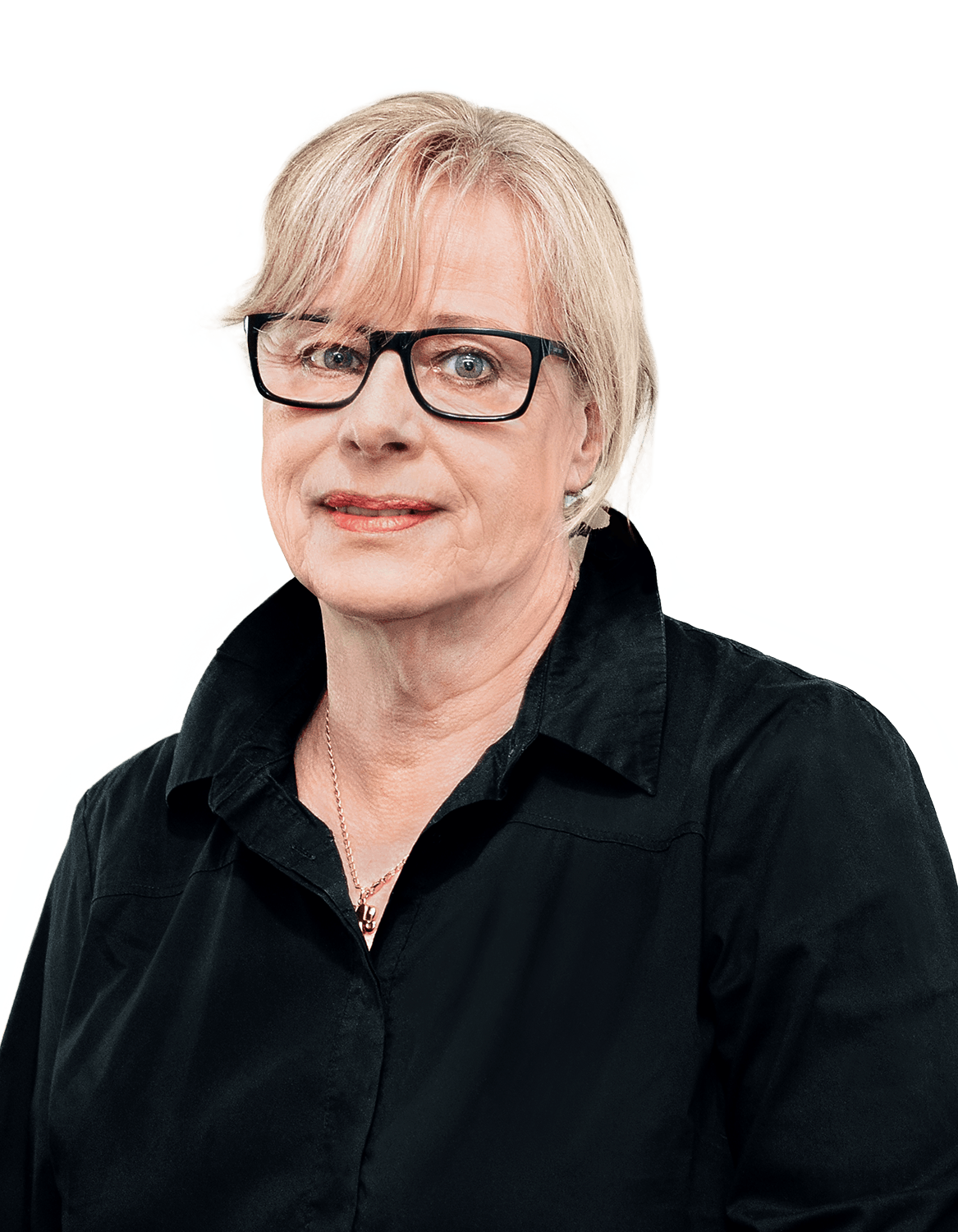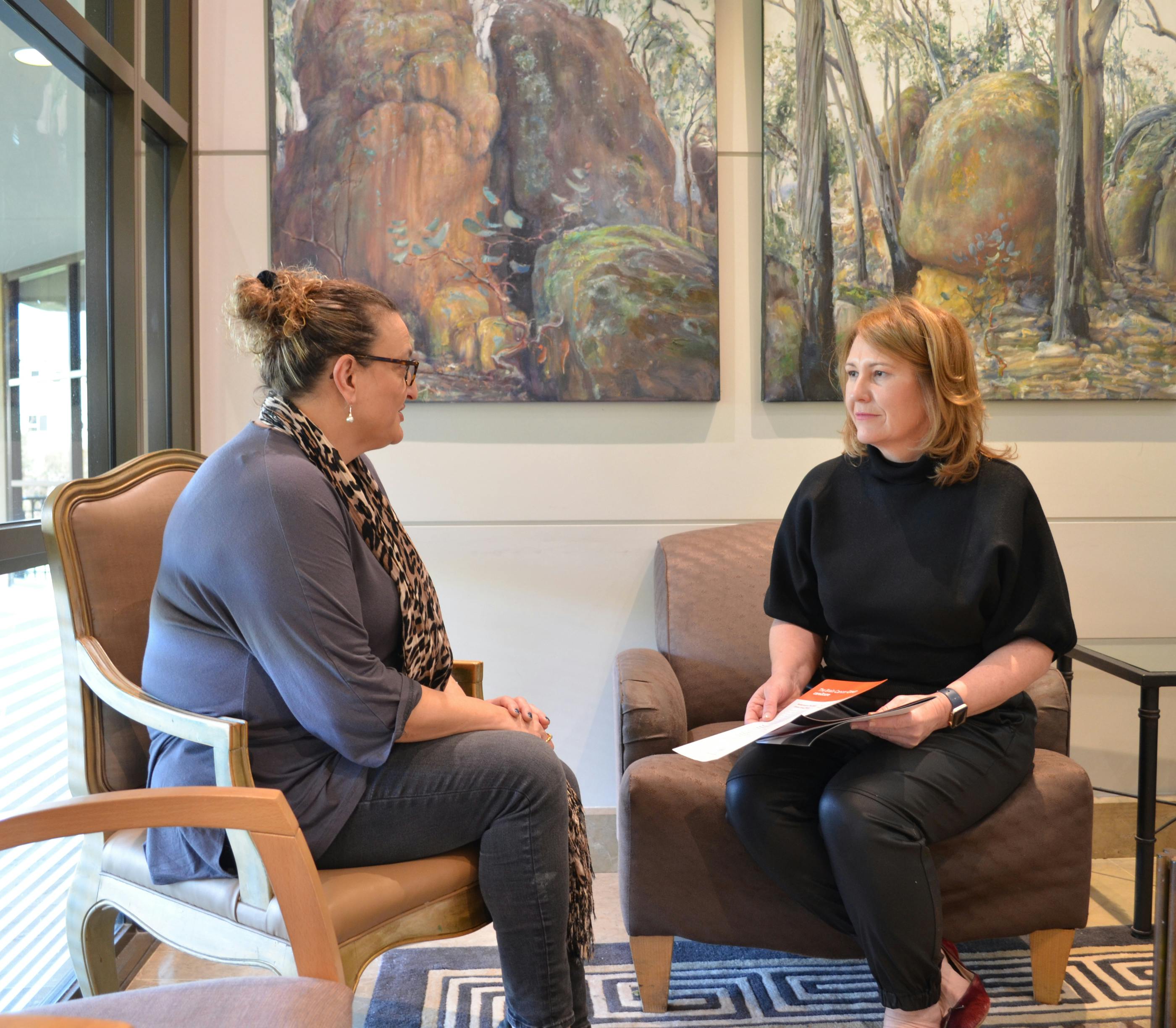Dr Helen Wheeler
Medical Oncologist

TBCG Director
Since 25th October 2000
Dr Wheeler is a Medical Oncologist specialising in Primary brain tumours. Dr Wheeler gained her medical degree from the University of Sydney.
After a short stay in the UK, Dr Wheeler returned to Royal North Shore Hospital where she undertook further medical training and laboratory research in the Kolling Institute and eventually took up a position as a consultant Medical Oncologist in 1990.
Dr Wheeler became interested in primary brain tumours after a group of Neurosurgeons began asking oncologists if they could help in managing their patients with brain tumours. There was little to offer these patients in the early 90’s apart from Surgery and Radiotherapy.
Since the 90’s Dr Wheeler has continued to be involved with both clinical and laboratory research. She has set up numerous collaborations with neuro-oncologists and scientists both nationally and overseas and works in a multidisciplinary team of clinicians to deliver state of the art therapy to patients.
Dr Wheeler is involved in a number of national and international clinical trials run through the NSLHD. She supervises medical students, Registrars and a number of laboratory research projects, including those currently being conducted in the Bill Walsh Cancer laboratory. Many of these are only possible by having access to patient specimens in the tumour biobank which was established at the Kolling Research Institute 20 years ago.
Dr Wheeler has witnessed the evolution of technology which now allows rapid molecular analysis of tumours, resulting in an explosion in the basic understanding of the underlying abnormalities that contribute to Glioma development and resistance to therapy.
Over the years she has recognised what a struggle it is for both patients and carers to manage this disease, and how unrecognised their needs are. Dr Wheeler has campaigned for more community services to become available and involved a number of colleagues and health professionals to help with this cause. She realises that unless these barriers can be overcome, patient participation in clinical trials – which will ultimately lead to treatment breakthroughs – can be almost impossible, and how essential it is to work collaboratively with all involved in this field to bring new therapies into the clinic to help those diagnosed with this rare but devastating cancer.


